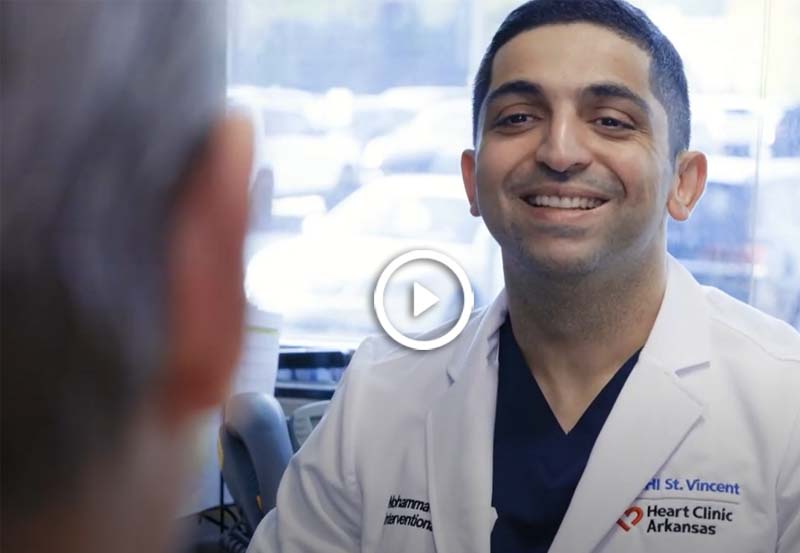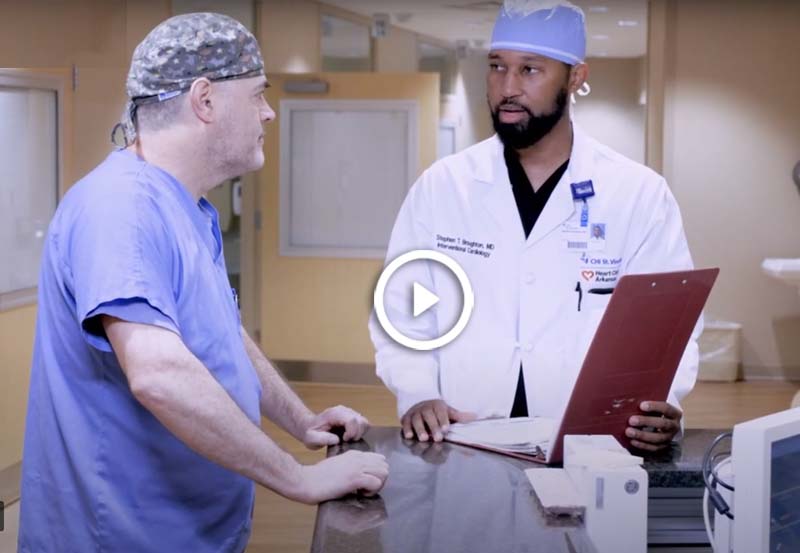
Early detection of heart disease is possible if you are aware of the symptoms.

Picture this: you're on a treadmill, feeling the burn, while your doctor closely monitors your heart's every beat. Sounds intense?

Understanding your family’s heart health history is powerful information in protecting your own wellbeing.

Cardiac catheterization might sound daunting, but it is a valuable tool that allows doctors to peek inside your heart and blood vessels, revealing crucial information about their health.

Electrophysiologists are cardiologists that specialize in understanding your heart’s rhythm.

A minimally invasive procedure used to treat irregular heartbeat and help prevent the initiation of AFib.

Both traditional ablation and PFA have their own set of advantages and disadvantages.

Atrial fibrillation (AFib) can feel like your heart is playing a chaotic drum solo instead of a steady beat.

Early detection of heart disease is possible if you are aware of the symptoms.

Feeling a flutter in your chest or experiencing an unusual shortness of breath?

Before causing a heart attack or stroke, heart disease often has subtle symptoms.

For patients who have signs of developing heart disease, CHI St. Vincent has many of the advances in imaging technology to help diagnose the problem and its severity.

“The process of plaque buildup starts at a very early age. That’s why it’s important to screen for risk factors for developing heart disease or coronary artery disease early in life,” says Dr. Al-Sarie, an interventional cardiologist with the CHI St. Vincent Heart Clinic.
